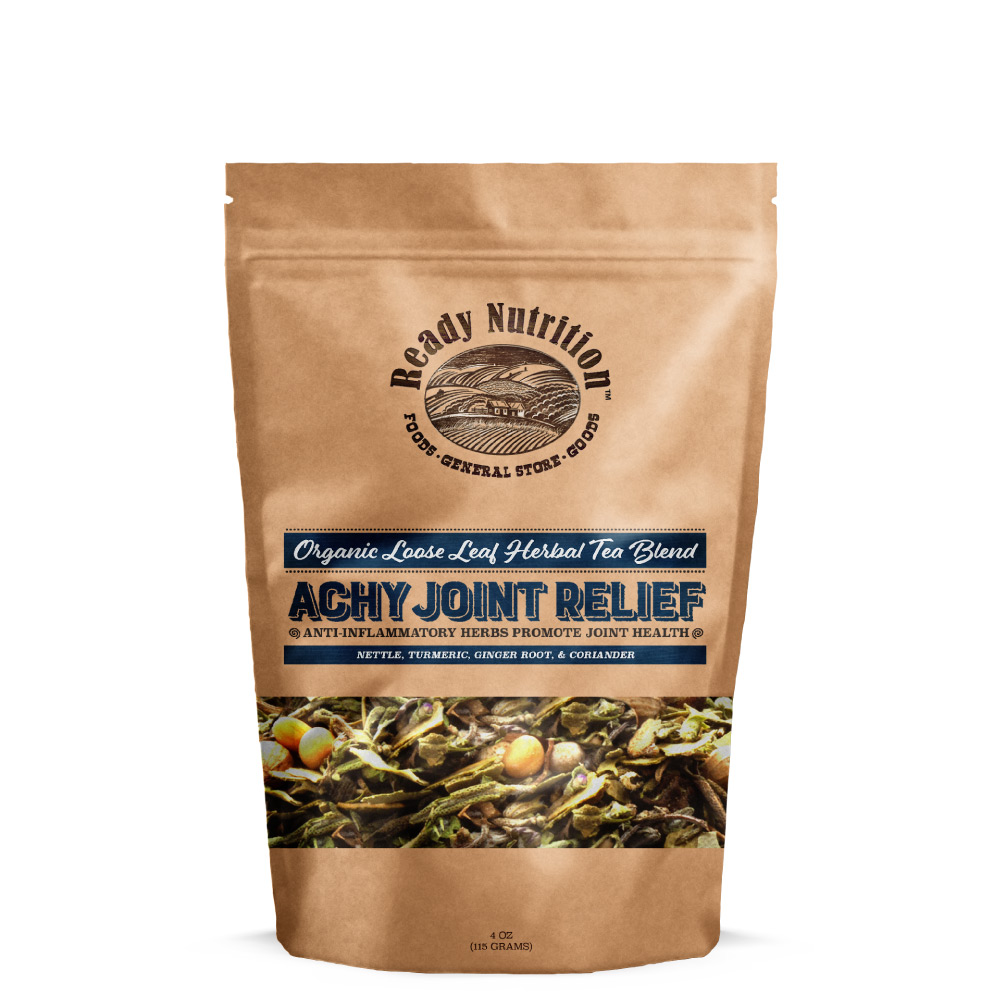
Let’s clear up the confusion about it first. Curcumin is not an herb but is a component of one: Turmeric, or Curcuma longa. The herb’s root forms into a rhizome, an “L” shaped underground protuberance. The spice Turmeric usually contains only a small amount of curcumin: anywhere from 2-5%, which is not much and is not necessarily bioavailable. This latter term refers to the ability of the body to utilize it.
Curcumin has been used in India and the Far East for thousands of years quite effectively against dozens…I repeat, dozens…of different ailments, from Crohn’s disease to Cancer. Curcumin is an antioxidant, an anti-inflammatory, and it is a cancer-fighter. In previous articles, we covered oxidation (the tendency of a “free radical” to “steal” an electron from a healthy cell) and how it is a process of aging and disease.
The yellow color of curcumin is responsible for the orange color of turmeric. It is more than 200 times more powerful than blueberries as an antioxidant. It increases HDL (High-Density Lipoprotein) in your system…the “good” cholesterol…that helps move fats and lipids out of cells and prevents blood clotting in the arteries and veins.
 Its anti-inflammatory properties are extremely useful in helping digestive disorders. More than 60 million Americans are afflicted each year with some type of bowel disorder, and curcumin is extremely effective against all of them, from ulcerative colitis to cancer of the colon. In addition, it is effective against lower and upper respiratory infections.
Its anti-inflammatory properties are extremely useful in helping digestive disorders. More than 60 million Americans are afflicted each year with some type of bowel disorder, and curcumin is extremely effective against all of them, from ulcerative colitis to cancer of the colon. In addition, it is effective against lower and upper respiratory infections.
The best curcumin can be found in your better health concerns. You guys and gals know I’ve recommended Wal-Mart for many herbs for both quality and affordability, but not with this one. The dose will be dependent upon the quality and concentration of the curcumin. If you buy it as a powder, you can load it into gel caps, drink it as a tea or tincture it. For the latter, it’s good to use grain alcohol, but you can use other liquors. Just remember that the alcohol concentration varies between them, and you want to have a minimum of about 52% alcohol or higher to preserve it longer and keep that freezing point very low (we’ve covered that topic in other articles).
One last consideration is that if you use curcumin, you also want to use black pepper. Yes, black pepper contains piperazine that potentiates the effect and effectiveness of the curcumin. As we know, black pepper is about as rare as glass and probably less expensive. This is a combination that is not invasive, and you can easily blend in with your routine and meals. Try it out: do some more homework and see how you can use this remarkable compound simply, effectively, and affordable. JJ out!

Thank you for the information on curcumin. Many forget that it works best with black pepper and heals a multitude of ailments. For those who are planning to grow their own food sources, here is some information I found helpful.
Thank you for the information. If you are actively growing your own food, this may be helpfuhttps://bit.ly/2kTuhVMl